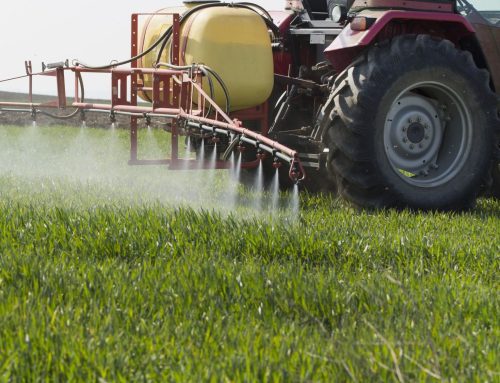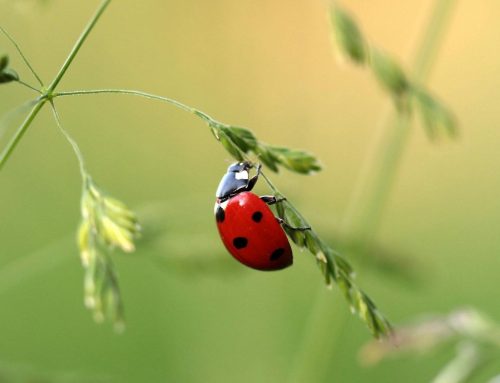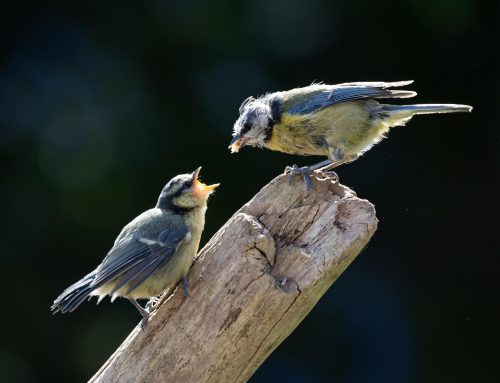PAN International has joined 10 global civil society and Indigenous Peoples’ organisations in commending the UN Food and Agriculture Organization (FAO) for not formalising or renewing a ‘strategic partnership agreement’ with CropLife International, the world’s biggest pesticide industry lobby group.
On 15 May 2024, PAN International received written confirmation from FAO Deputy Director-General Beth Bechdol that a Letter of Intent (LoI) between FAO and CropLife International, signed on 2 October 2020, came to an end on 3 October 2023 following a review of all LoIs under the FAO’s Strategy for Private Sector Engagement (2021-25) and a related new due diligence framework.
Since the signing of the LoI in 2020, over 430 civil society and Indigenous Peoples’ organizations from nearly 70 countries, nearly 200,000 individuals from over 107 countries, 250 scientists and academics, nearly 50 philanthropic groups, and the UN Special Rapporteur on the Right to Food had called on the FAO to rescind its #ToxicAlliance with CropLife.
The agreement tied the FAO directly to the world’s largest manufacturers of the most deadly pesticides, companies such as Bayer, Syngenta and Corteva.
A statement issued this week by 11 organizations welcomes the role the FAO now plays in facilitating global commitments in the new Global Framework on Chemicals (GFC) to phase out Highly Hazardous Pesticides (HHPs) in agriculture. This specifically includes its role in leading coordination of a Global Alliance on Highly Hazardous Pesticides (HHPs), in collaboration with the World Health Organization (WHO), the UN Environment Programme (UNEP), and other UN agencies.
In February 2024, PAN informed the FAO of its intention to join the Global Alliance on Highly Hazardous Pesticides once established, and that it looks forward to working collaboratively with the FAO, other relevant UN agencies, and global stakeholders, on this critically important initiative.





